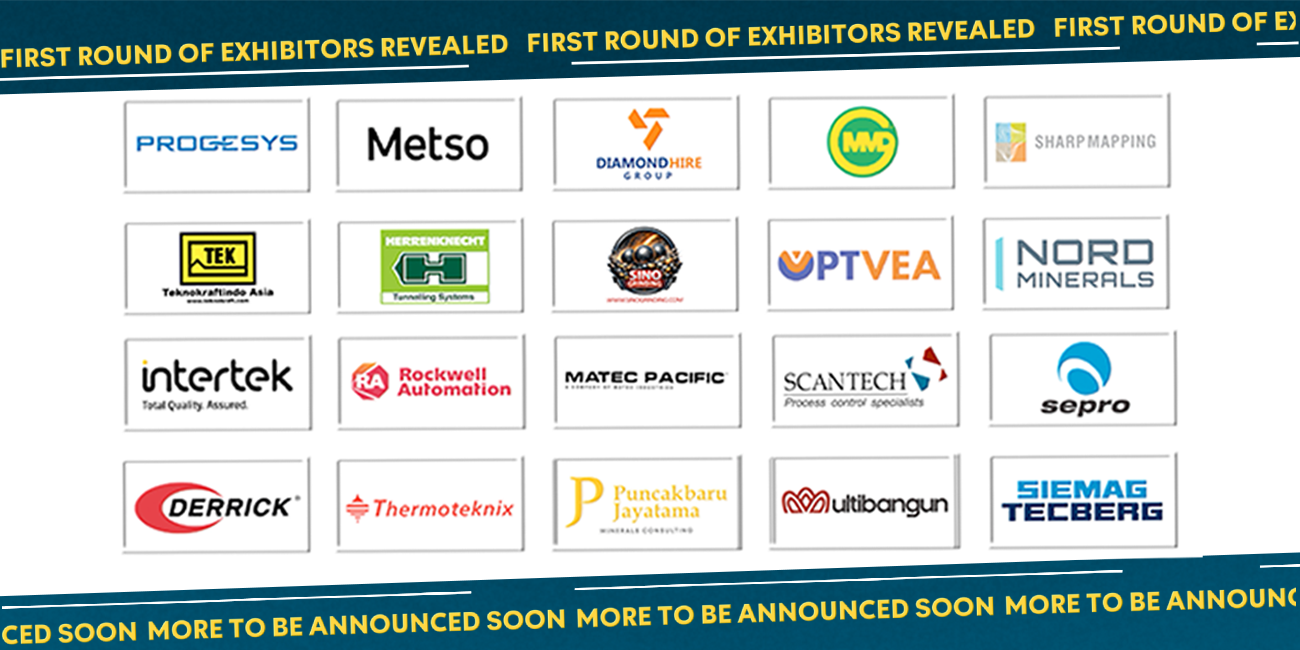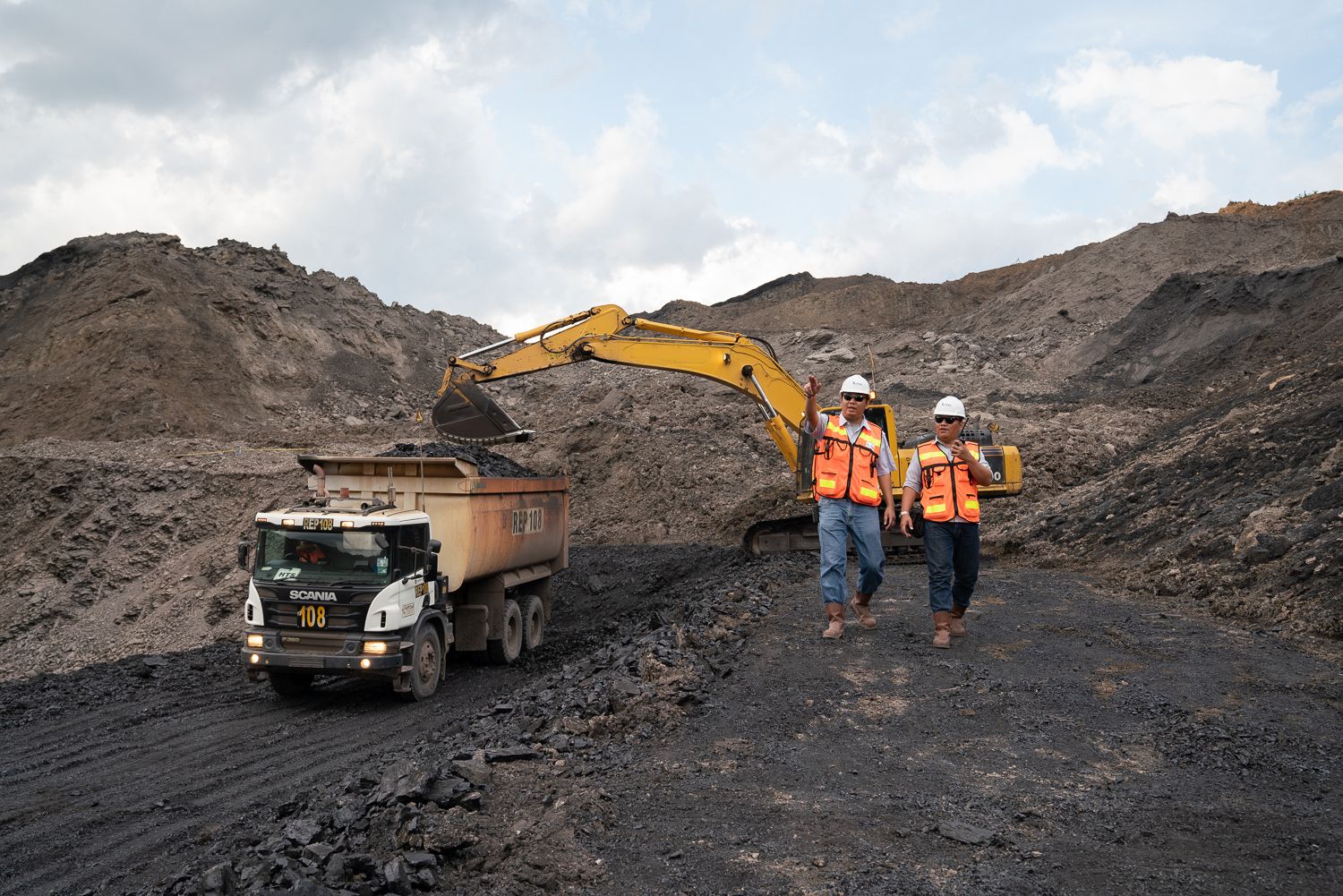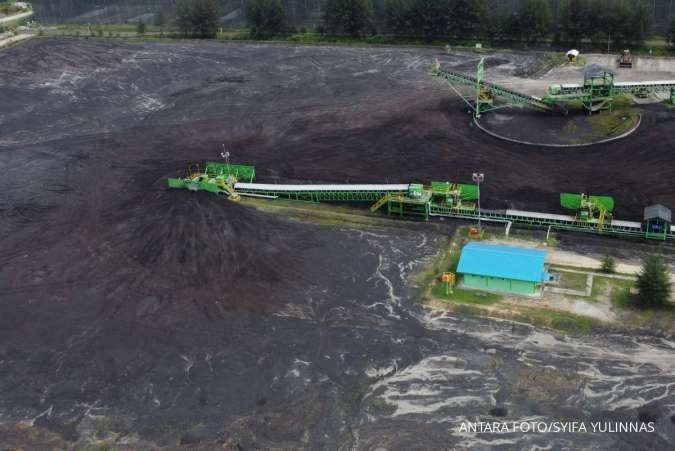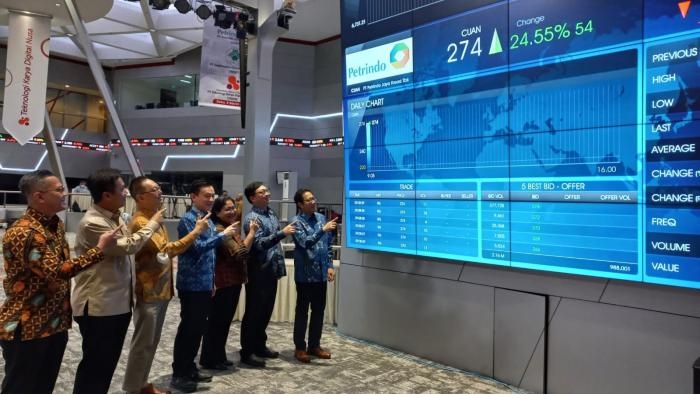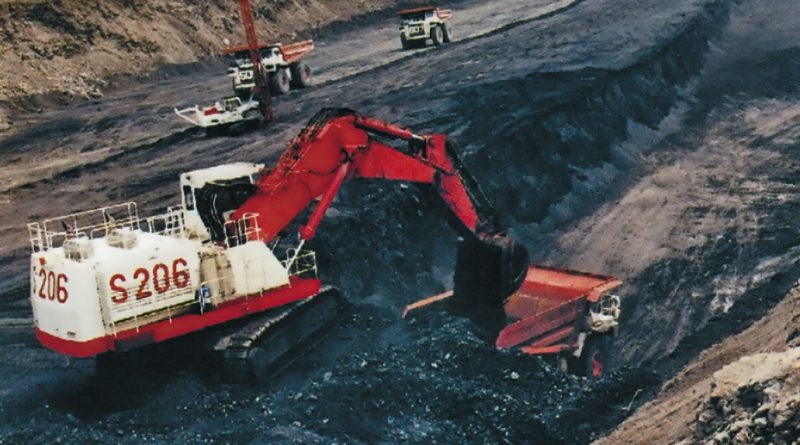Indonesia's EV Battery Production is Only 0.4% of Global Nickel Downstream
Tue 13 Feb 2024, 08:00 AM
Share
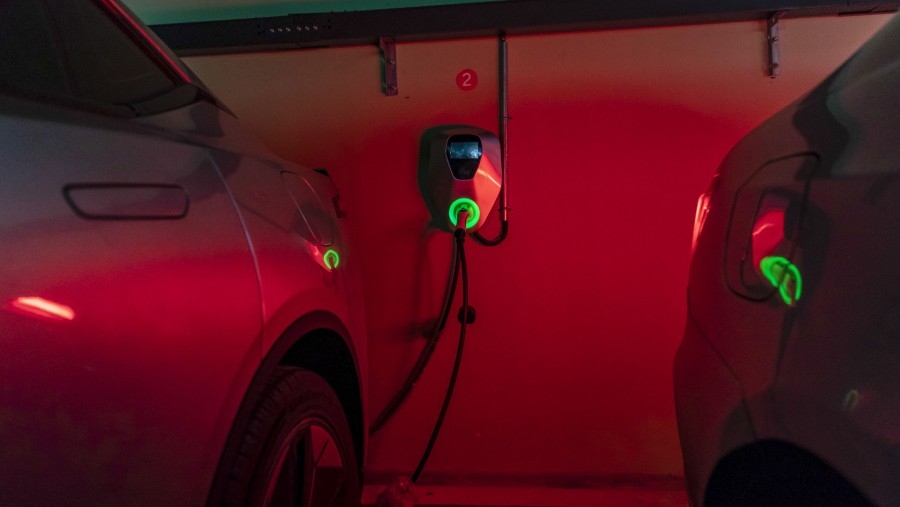
Indonesia's battery production capacity in 2024 is estimated to reach only 10 gigawatt-hours (GWh), or less than 0.4% of the total global capacity of 2,800 GWh.
According to Energy Shift Institute research, reported Friday (9/2/2024), Indonesia's battery production capacity, which lags far behind the global average, is inversely proportional to nickel production, which has jumped more than eight times since 2015.
Indonesia's nickel downstream, in fact, was predicted by the government to increase nickel-added value and become a key player in the world's battery and battery-based electric motor vehicle (EV) industry.
"However, while Indonesia is slowly moving up the supply chain of the battery and EV industry, the race among other countries is already in full swing," the research said.
This is reflected in the rapid growth of global battery production capacity, which is much faster than demand. In the first half of 2023, battery factories in China on average operated at less than 45% of their production capacity.
As China continues to build capacity, coupled with aggressive pushes from the United States (US) and the European Union (EU) to develop their industries, competition for investment has intensified-even in a growing market.
"So far, the added value of Indonesia's nickel products ranges from two to 11 times that of its raw products. However, this is still far below the more than 60-fold added value for battery production," Energy Shift said.
Accordingly, Energy Shift estimates that global nickel demand for batteries is likely to continue to soar in line with the pace of EV adoption despite the presence of alternative technologies.
"Based on existing developments, battery manufacturers are more inclined to place their factory investments following the development of the EV market, but the adoption of electric vehicles in Indonesia is still quite slow."
The news of BYD's entry into Indonesia is also unlikely to have a major impact on the development of nickel-based battery factories because their vehicle models mostly use batteries without nickel.
Not to mention, according to the institute, Indonesia's fierce competition with other ASEAN countries to provide incentives for EV and battery manufacturer investment also raises questions about the effectiveness of nickel downstream bargaining power in driving the battery and EV industry in the country.
"With the current trajectory, Indonesia is likely to shift only from an exporter of nickel products for stainless steel to an exporter of semi-finished products for the battery industry," according to the institute.
As the world's nickel demand continues to grow, the parties involved must not underestimate the scale of future growth as the world's EV revolution has just entered its first phase.
Competing with Canada
Signs that competition for global battery and EV manufacturers is intensifying amid massive nickel production from Indonesia can be seen in the news that mining company Canada Nickel Co Inc. plans to develop a nickel processing plant in Ontario that will cost USD 1 billion and be the largest in North America once completed.
The plant will have the capacity to produce more than 80,000 tons of nickel annually and will begin operations in early 2027, the Toronto-based mining company said in a press release.
According to Chief Executive Officer Mark Selby, the company also plans to build a stainless steel and alloy production plant to process nickel and chromium concentrates, which will cost an additional USD 2 billion.
The plan aims to fill the gap in the electric vehicle supply chain in North America, which generally lacks the infrastructure to process and refine key materials such as nickel, copper, and lithium.
Most of the metals extracted from mines in the region are shipped to China for processing before being shipped back to North America for domestic automakers.
Canada Nickel's market capitalization was about USD 166 million as of market close on Wednesday, local time. The company plans to seek funding from the Canadian and Ontario governments to help build the plant, Selby said.
Nickel prices have seen a dramatic drop in recent months as new supply from Indonesia floods the market - driven by Chinese investment and major technological breakthroughs. Nickel mines around the world are at risk of closure, while others are seeking state bailouts or going bankrupt.
Selby, whose company is developing nickel deposits in northern Ontario, expects North American nickel demand to grow as governments and automakers push for domestic battery metal sourcing.
"Nickel has always been viewed as a strategic metal," Selby said in an interview.
"Given the current geopolitical conditions and China's control of Indonesia's resources, which makes Indonesia and China solely dependent on nickel, I don't think there are many end users and governments here that want that [nickel raw material supply from Indonesia]."
Image source: Bloomberg

